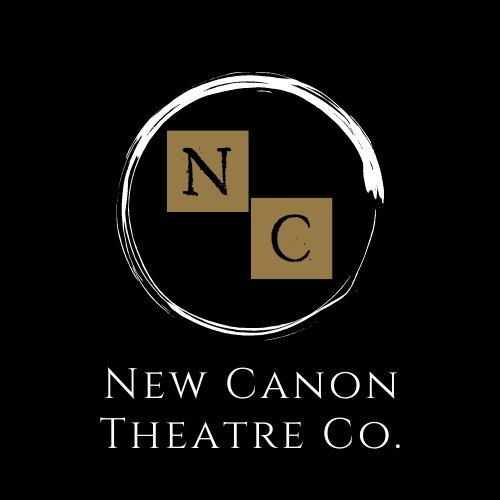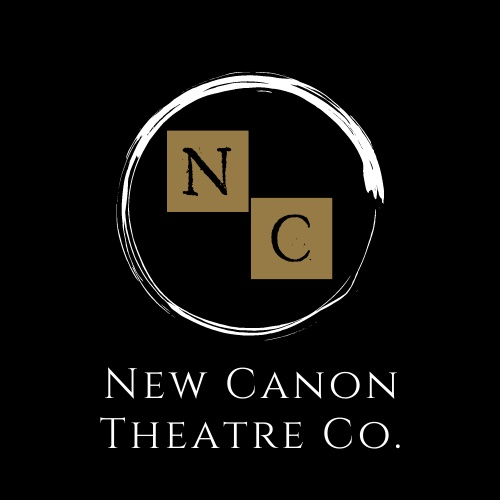January 20th Approaches
As a new administration takes office in the White House, I’ve been reflecting on a vital principle: decorum—specifically, how we, as public-facing leaders and creators in the arts, conduct ourselves in contrast to those prone to lashing out in our social media news spaces. Let’s take a moment to talk about leadership, criticism, and how we handle those moments when the spotlight doesn’t feel so kind—and why it’s more important than ever to be lights in our communities.
Critiques and criticism are inevitable in our work—they’re part of the deal. But how we respond to it speaks volumes about who we are. Attacking the press, holding grudges, or darkening the social media feeds of our peers and patrons with resentment doesn’t make us stronger. It makes us smaller. It alienates people, erodes trust, and shuts down the open dialogue the arts need to thrive.
We’ve all seen public figures lash out when criticized, using divisive tactics to silence or punish dissent. That’s not leadership, and it’s certainly not who we are—or how we should strive to behave. As artists and arts leaders, we’re called to a higher standard. We have to rise above, show some grace, and create space for growth—even when it’s hard. Criticism can sting (and sometimes it really stings), but it can also teach us, challenge us, and make us better.
No matter your role—whether administrator, director, ensemble actor, technician, or front-of-house staff—respect and decency go a long way. I hope we can all resist the temptation to lash out when we feel slighted or let grievances fester. Our work is about so much more than that—it’s about creating transformative experiences that bring universal truths to light, empower our communities, educate, inspire, and entertain. Let’s hold onto that higher calling, especially when it feels like the ground beneath us is shaky.
And when we make mistakes (because we all will), let’s own them with humility and resolve. Casting doubt, throwing out vague innuendos, or redirecting blame doesn’t build trust in our networks, organizations, and communities—it chips away at it. Strength lies in standing up and saying, “I was wrong, and here’s how I’ll make it right.”
And when we’re wronged? We can stand firm for ourselves and our organizations without slinging mud or shaming others. Kindness and integrity aren’t signs of weakness—they’re hallmarks of real strength. The way we seek resolution is just as important as ensuring justice when it’s deserved.
We have the power to model something different: integrity, humility, empathy, and courage. By refusing to let grudges or resentment take center stage, we set an example of resilience, collaboration, and the kind of creative community that draws people in. That’s leadership. That’s the standard we’re striving for. And if we work at it together, I truly believe we can create something remarkable—I look forward to our journey.

